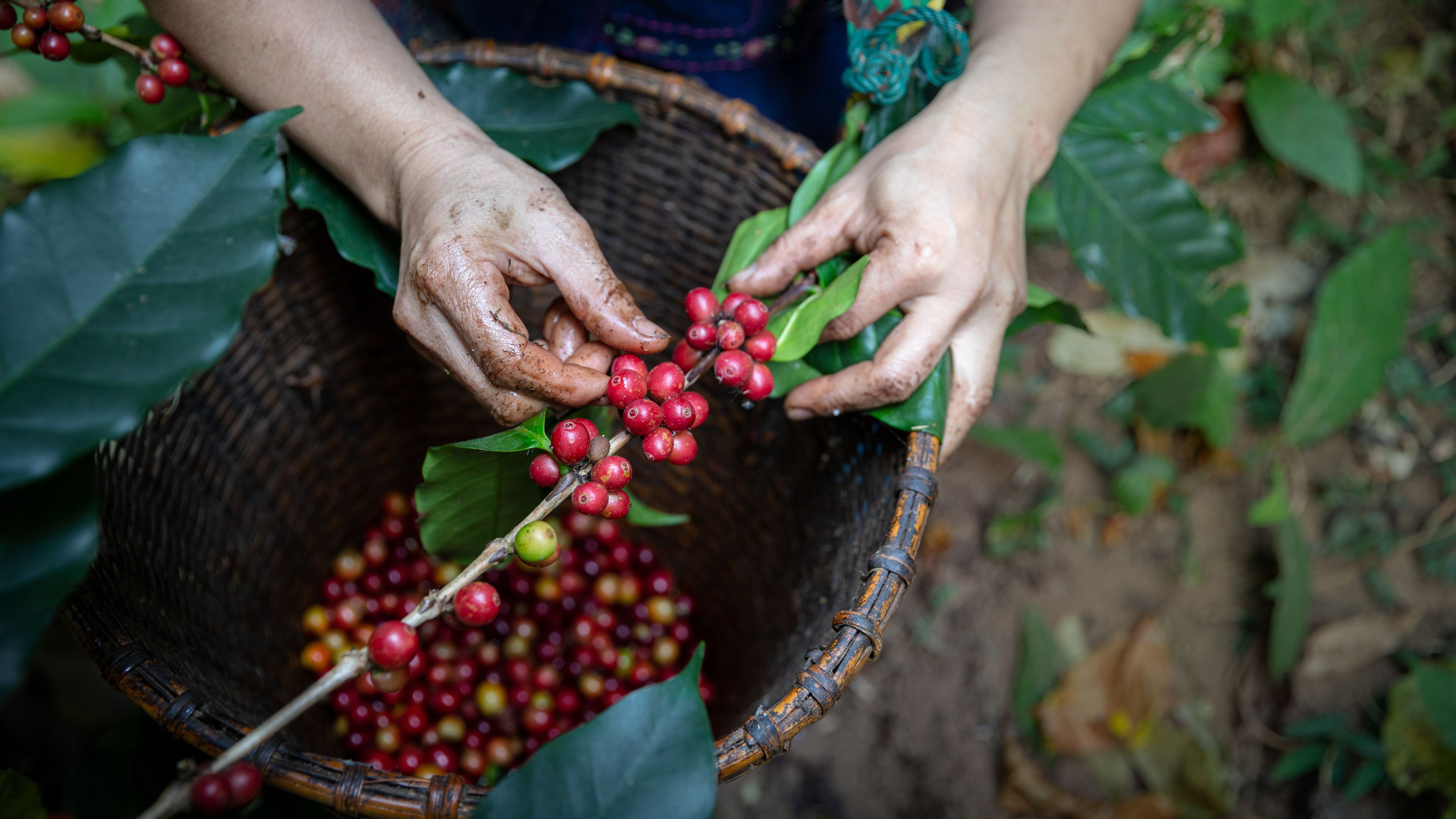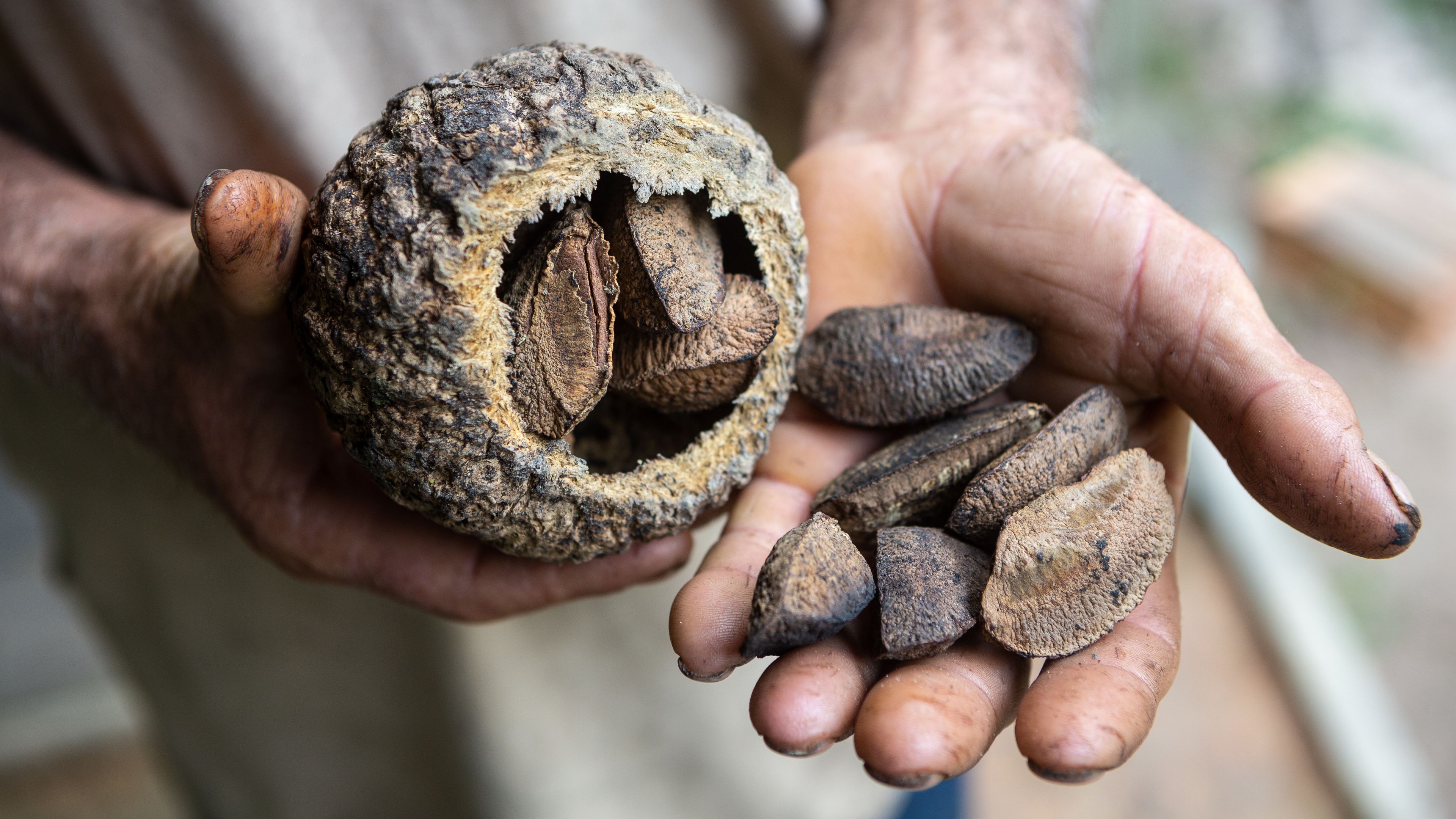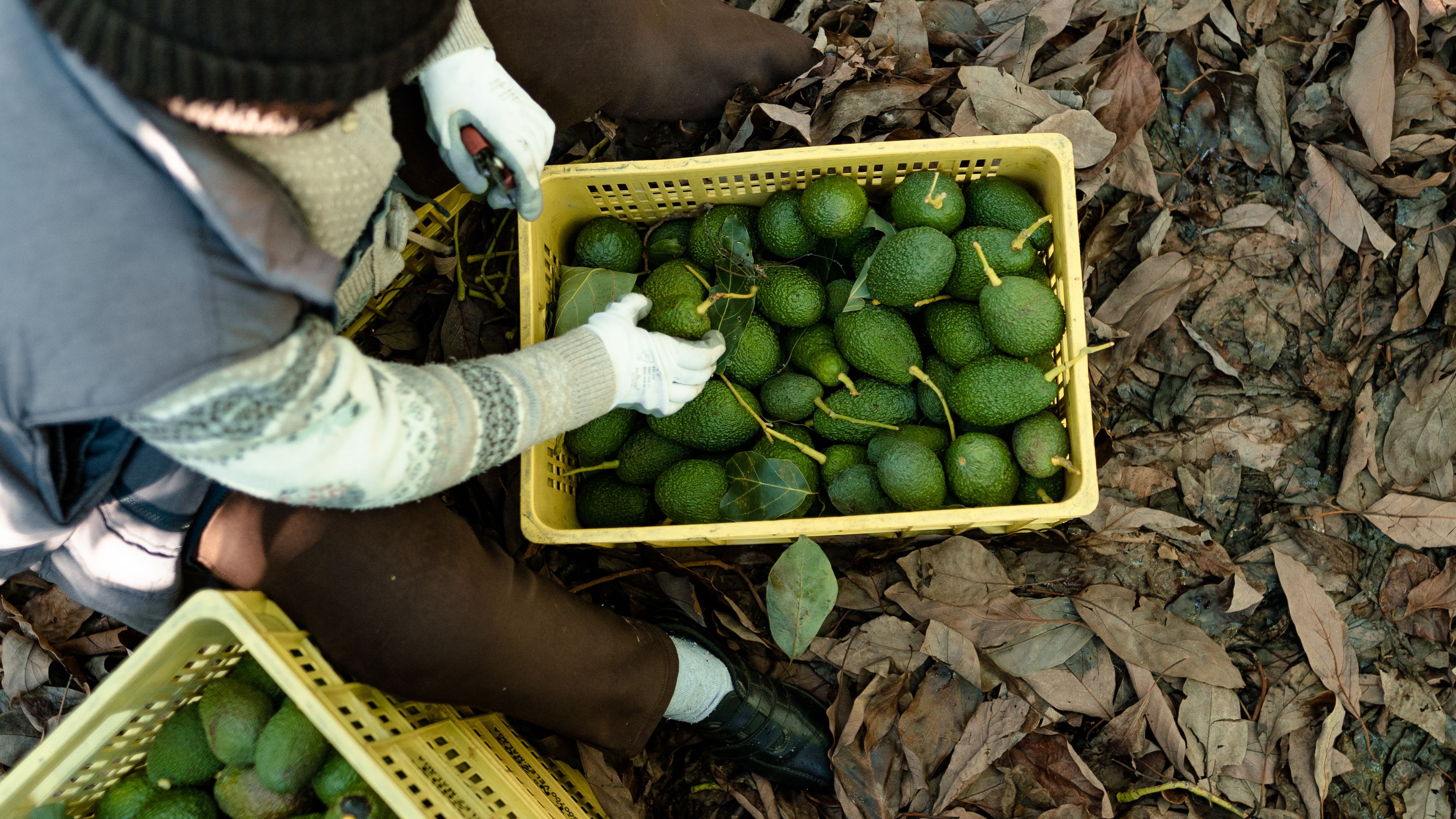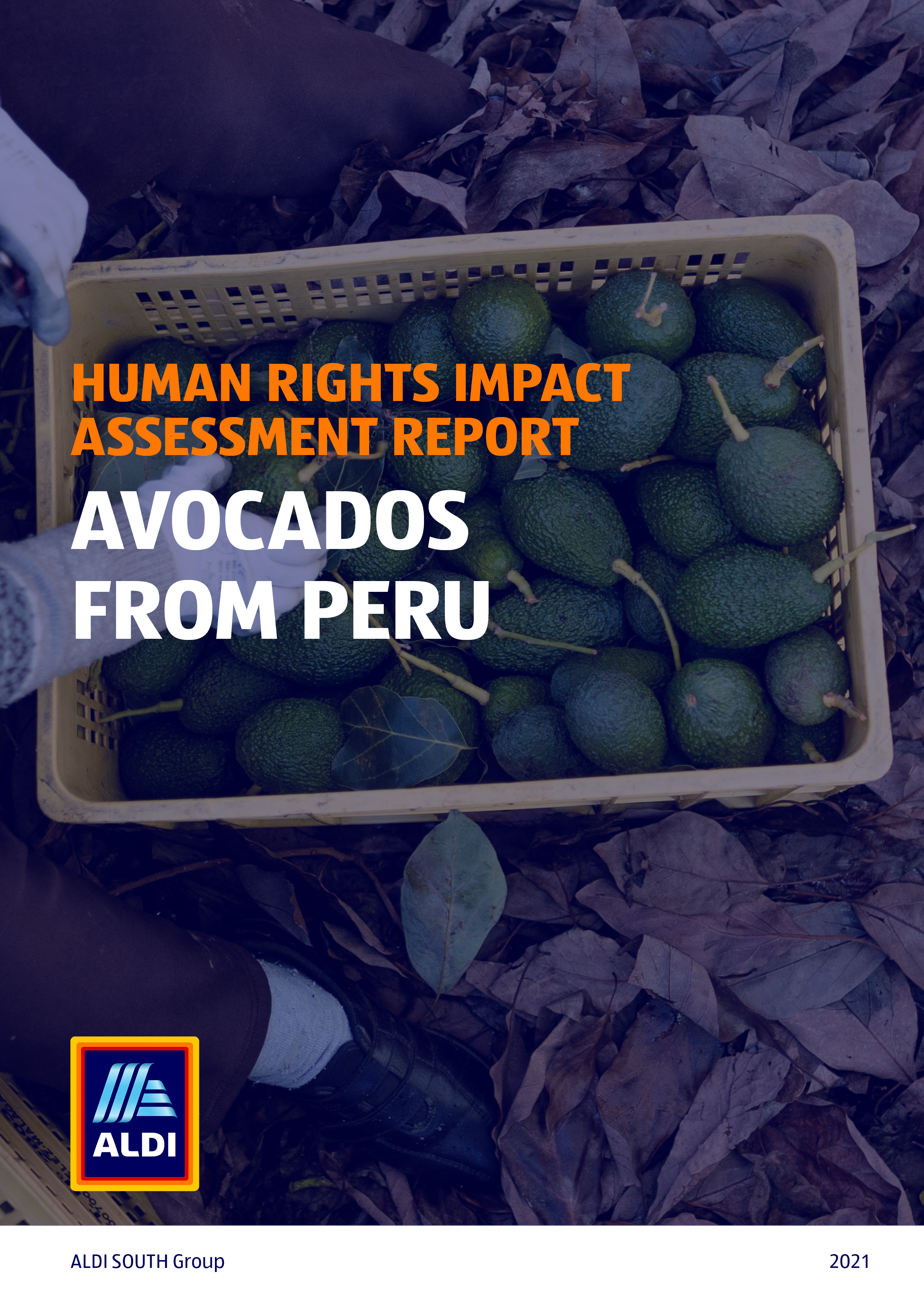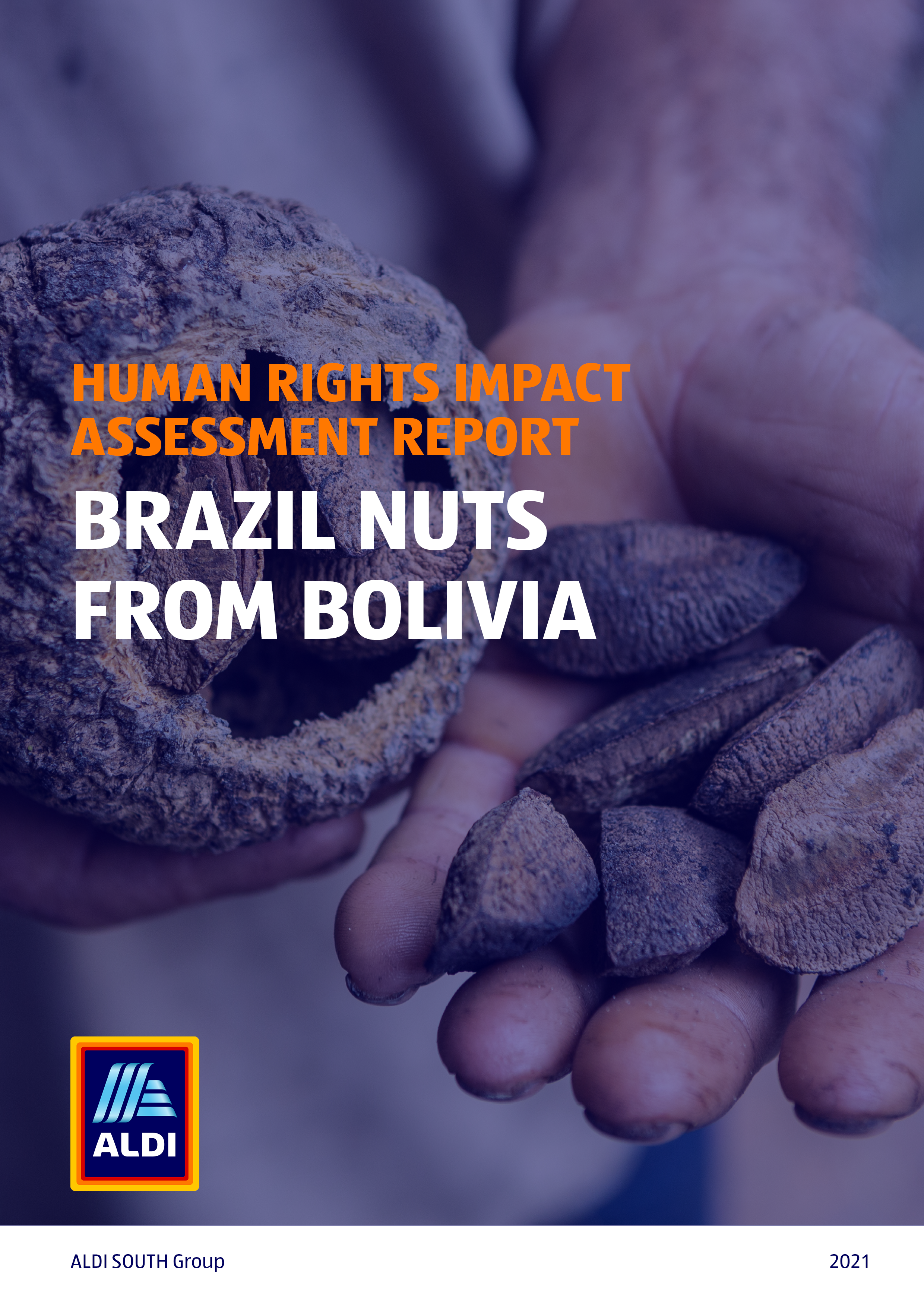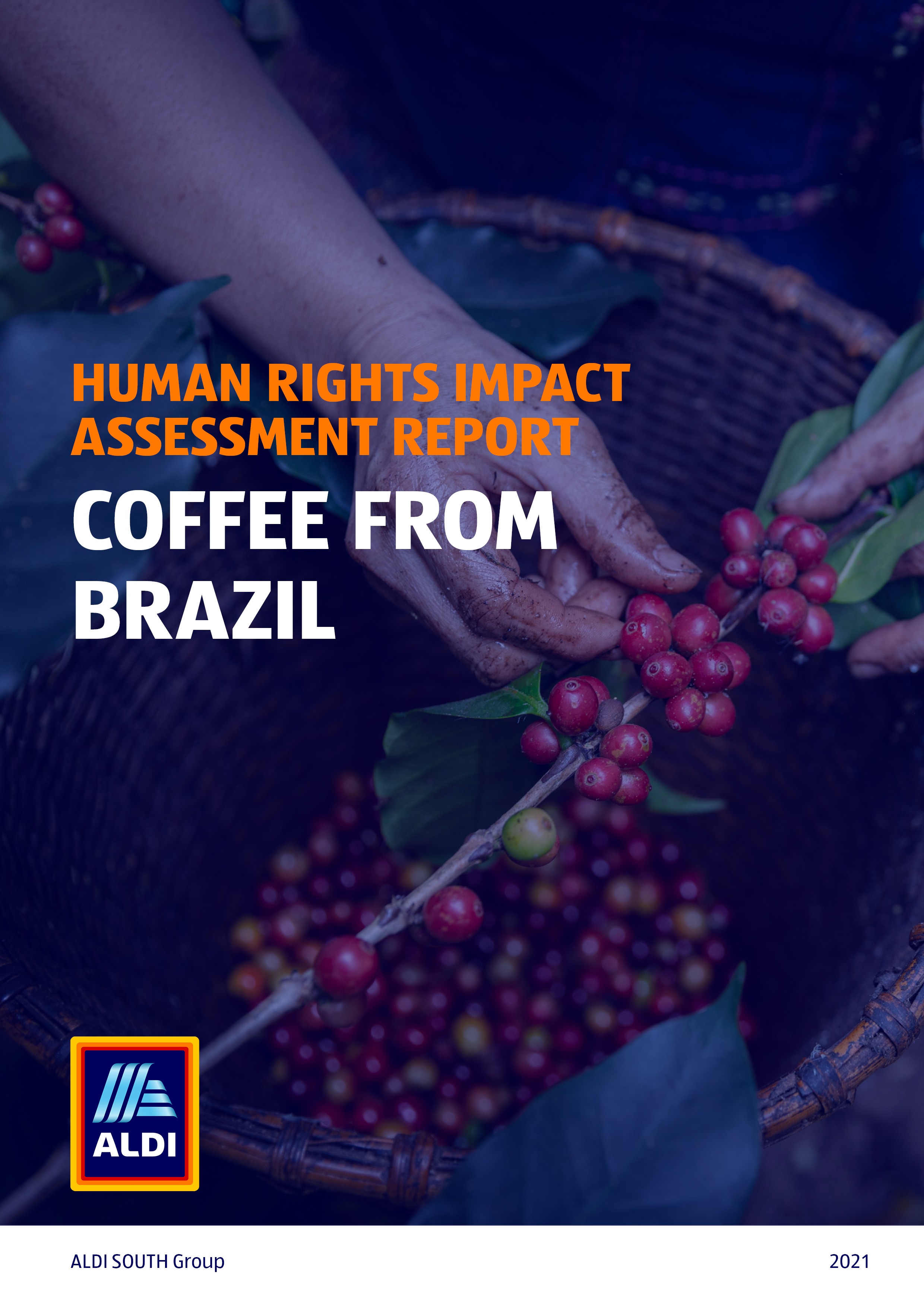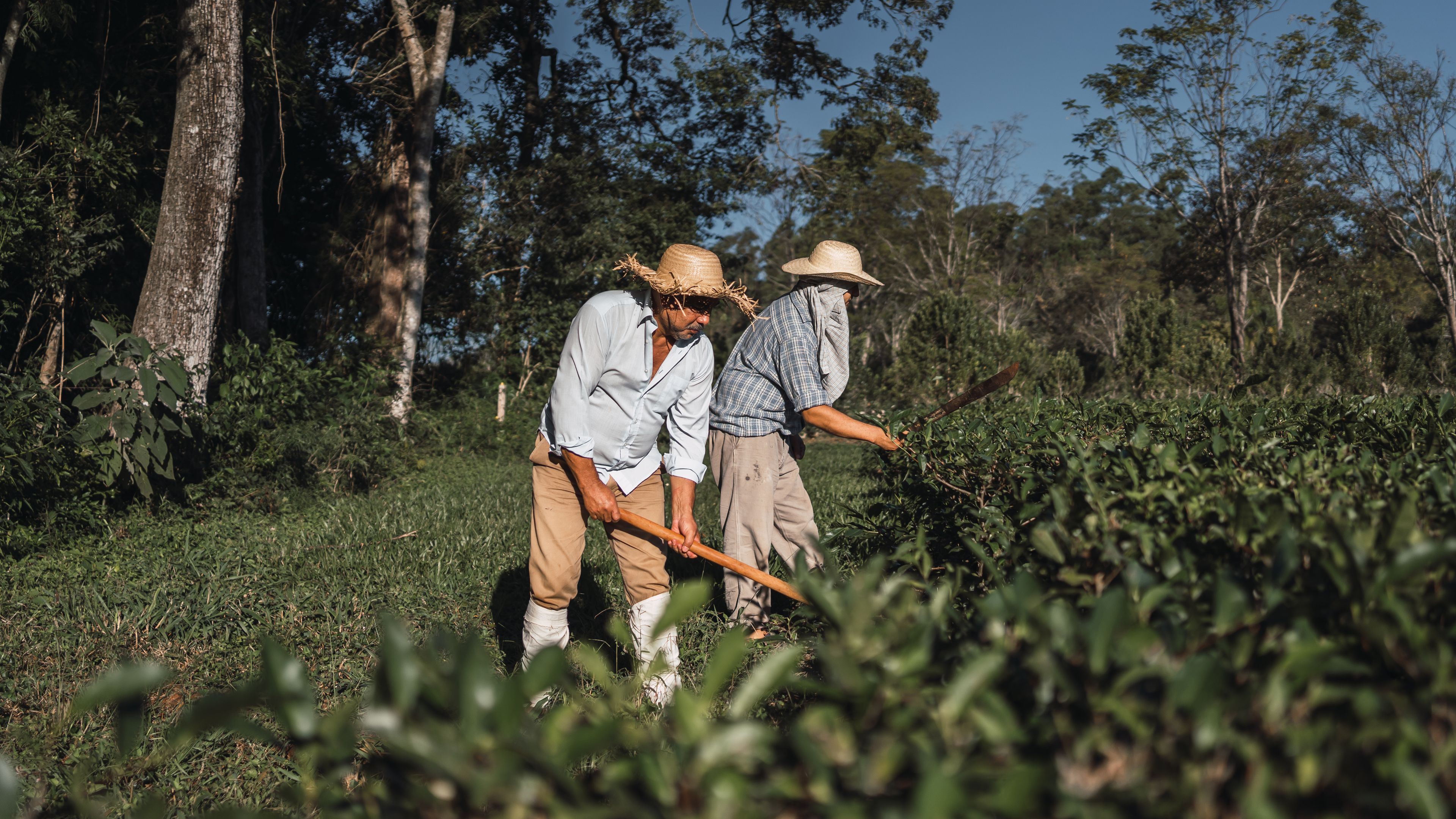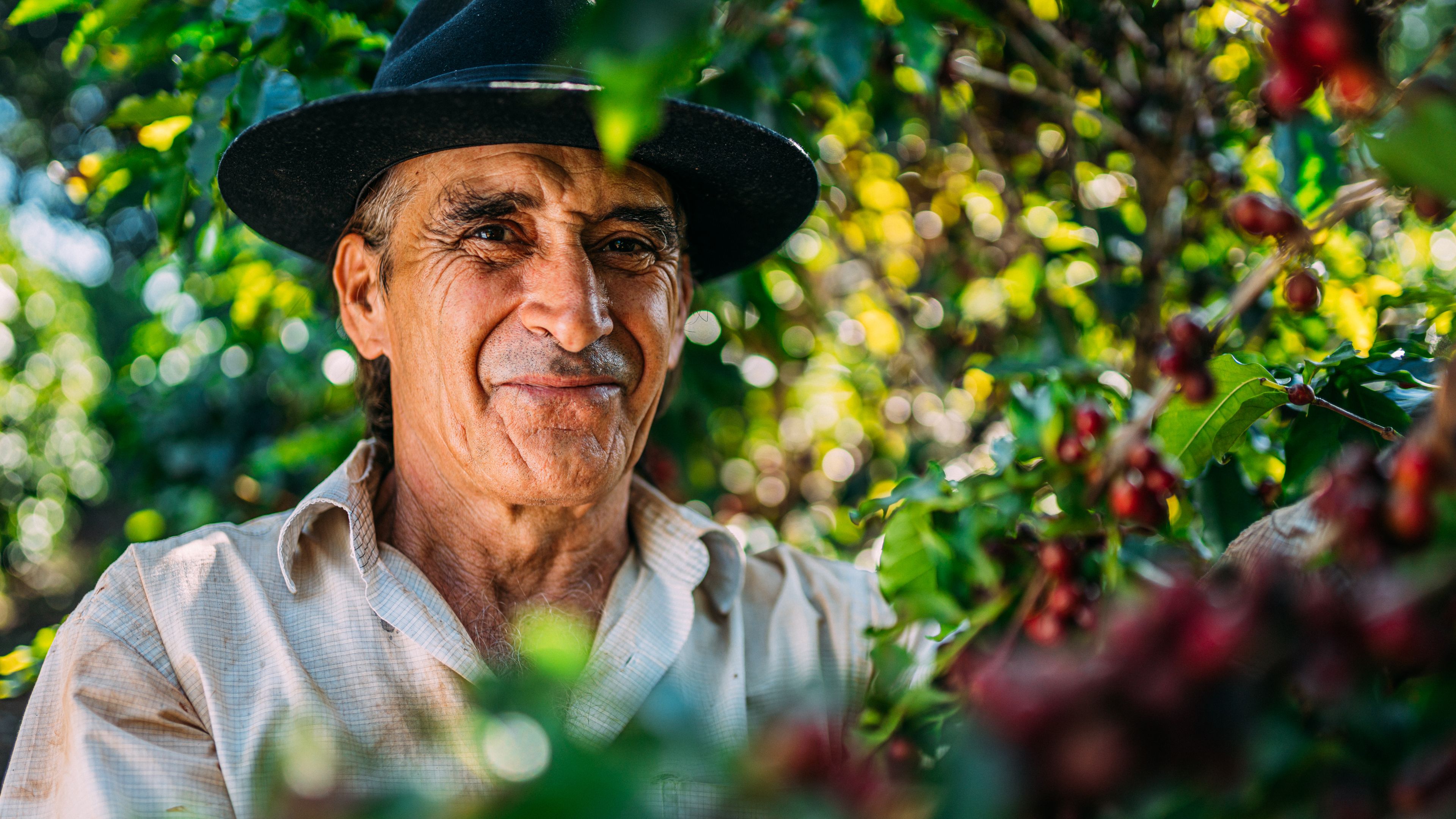
Human Rights Impact Assessments (HRIAs)
Human Rights Impact Assessments provide us with in-depth knowledge of our supply chains and their various impacts on human rights. They are an important step towards greater supply chain transparency and improvement of human rights for workers and communities.

What is a Human Rights Impact Assessment (HRIA)?
HRIAs focus on specific supply chains and geographical areas. They provide insights into the realities and challenges of workers and communities. We conduct these studies to fully understand the areas where we can make a difference for rightsholders. HRIAs follow a stringent methodological approach, including extensive background research and engagement with rightsholders and other stakeholders. To ensure a credible process, we partner with external human rights experts and align with international frameworks, such as the UN Guiding Principles on Business and Human Rights and the OECD Guidelines on Multinational Enterprises.
Every Human Rights Impact Assessment (HRIA) follows a predefined process:
- Review of supply chain activities & supply chain mapping
- Scope of impacted human rights
- Baseline analysis of gathered secondary information (e.g. national legal regulations)
- Stakeholder engagement with the help of local consultants
- Impact assessment to identify the saliency of issues according to severity and likelihood of adverse impacts
- Development of a dedicated Human Rights Action Plan (HRAP) to prevent, mitigate and remediate any possible adverse impact.
Why is transparency so important?
Global supply chains can be highly complex - especially when it comes to bulk goods like coffee or nuts. The more parties involved – suppliers, subcontractors, producers, workers, communities … – the harder it is to maintain supply chain transparency. Human rights risks are a problem affecting almost every economy, industry, and sector. The violations can range from limited access to adequate living standards or health to forced or child labour, discrimination, gender-based violence and harassment.
The ALDI SOUTH Group is committed to respecting human rights in its activities and throughout its supply chains. Over the last few years, we developed a well-established system of risk analyses, audits, and supplier assessments that help identify actual and potential risks in our supply chains. Human Rights Impact Assessments (HRIAs) offer increased transparency and provide us with a deeper understanding of what impacts our company activities and business relationships have.
HRIAs in high-priority supply chains
So far, we have conducted HRIAs and published the results for selected raw materials: Coffee, Brazil nuts and Avocado. This selection was based on an analysis of our high-priority supply chains, the relevance of the individual sourcing country for ALDI business and the potential added value that can be generated through these assessments.
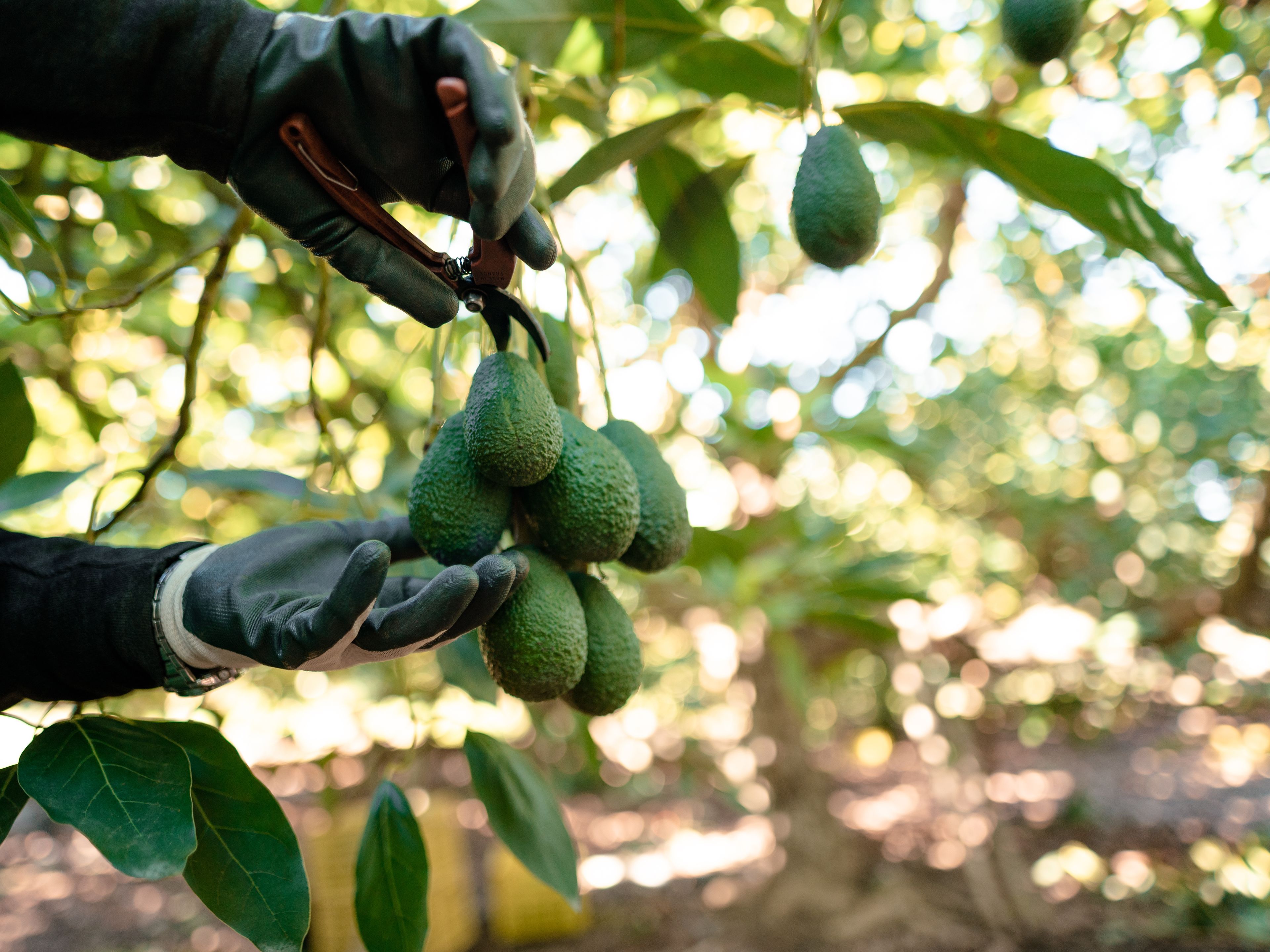
ALDI's Human Rights Impact Assessments
Supporting independent and sectoral HRIAs
For years, Myanmar has been a large exporter of textiles and garments. Since the coup d’état in February 2021, political tensions and developments are extremely concerning. The Ethical Trading Initiative (ETI) conducted an independent Human Rights Impact Assessment in the garment sector in Myanmar. Violence and abuse against trade unions, forced labour and precarious employment conditions were identified as the most severe human rights and labour rights risks for workers.
The ALDI SOUTH Group supported this sectoral assessment. Prior to this report, we decided to ban production from facilities in Myanmar in September 2021. This decision was based on the unpredictable situation for our business activities in the country and the difficulty of fulfilling even the most basic human rights due diligence processes. The findings of the ETI assessment confirmed our approach.
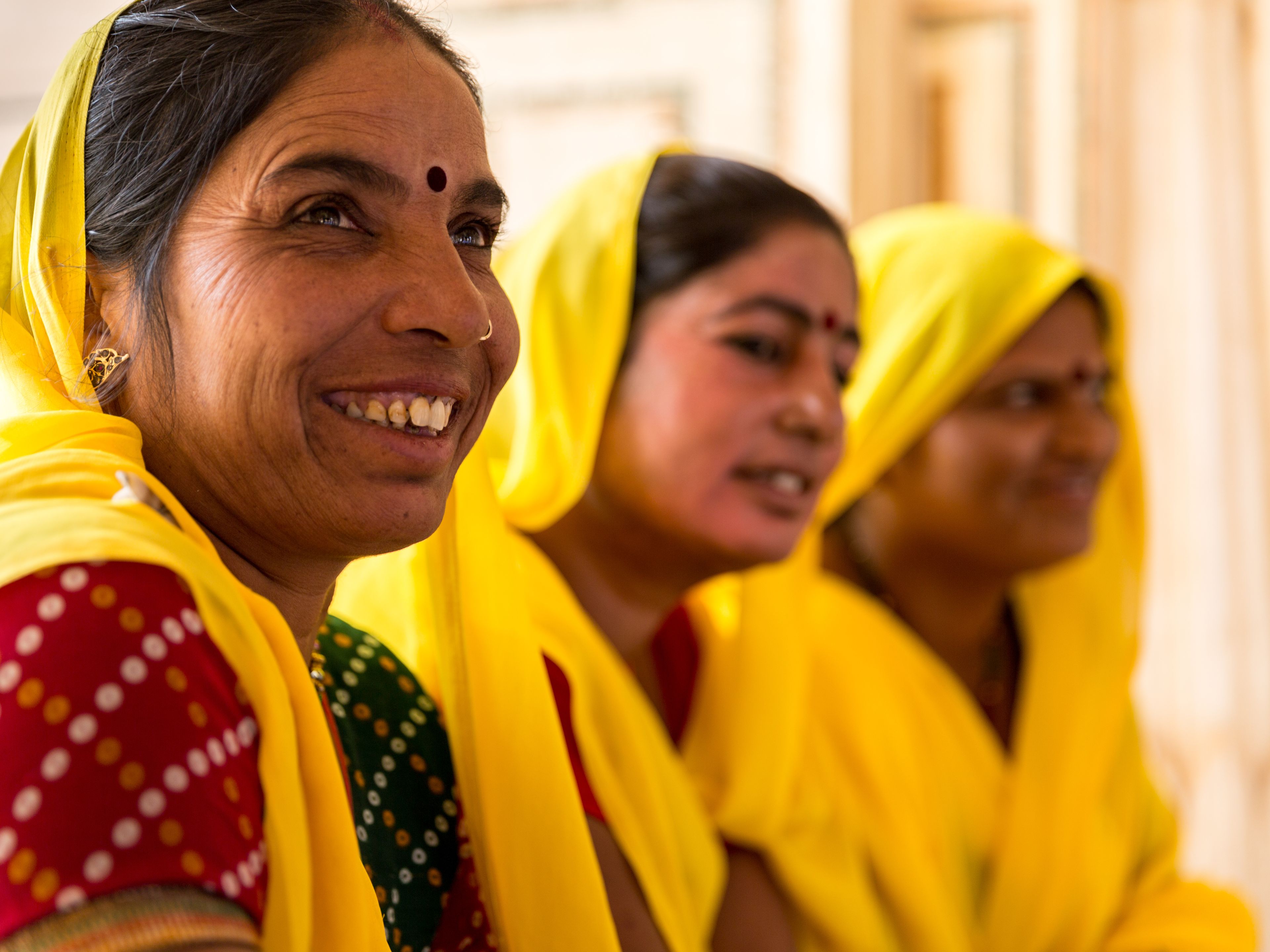
Take aways and Human Rights Action Plans (HRAP)
HRIA findings help strengthen our standards and due diligence. For example, many of the projects highlighted the need to address specific root causes for gender inequality or to support smallholders in becoming more resilient and receiving a fair share of value. ALDI has no direct contractual or investment relationships to the lower supply chain activities where the most salient human rights impacts have been identified. However, it is important for us to understand how our business activities potentially link to some of the issues in order to take further action. Key areas in which ALDI can make a difference are supplier selection, purchasing practices and pricing.
Every HRIA includes a supply chain-specific Human Rights Action Plan (HRAP). These plans support the Sustainability and Buying Teams within the ALDI SOUTH Group to deliver improved human rights for workers and communities. We aim to monitor on the progress and implementation of these Action Plans and publish progress reports to track improvements.
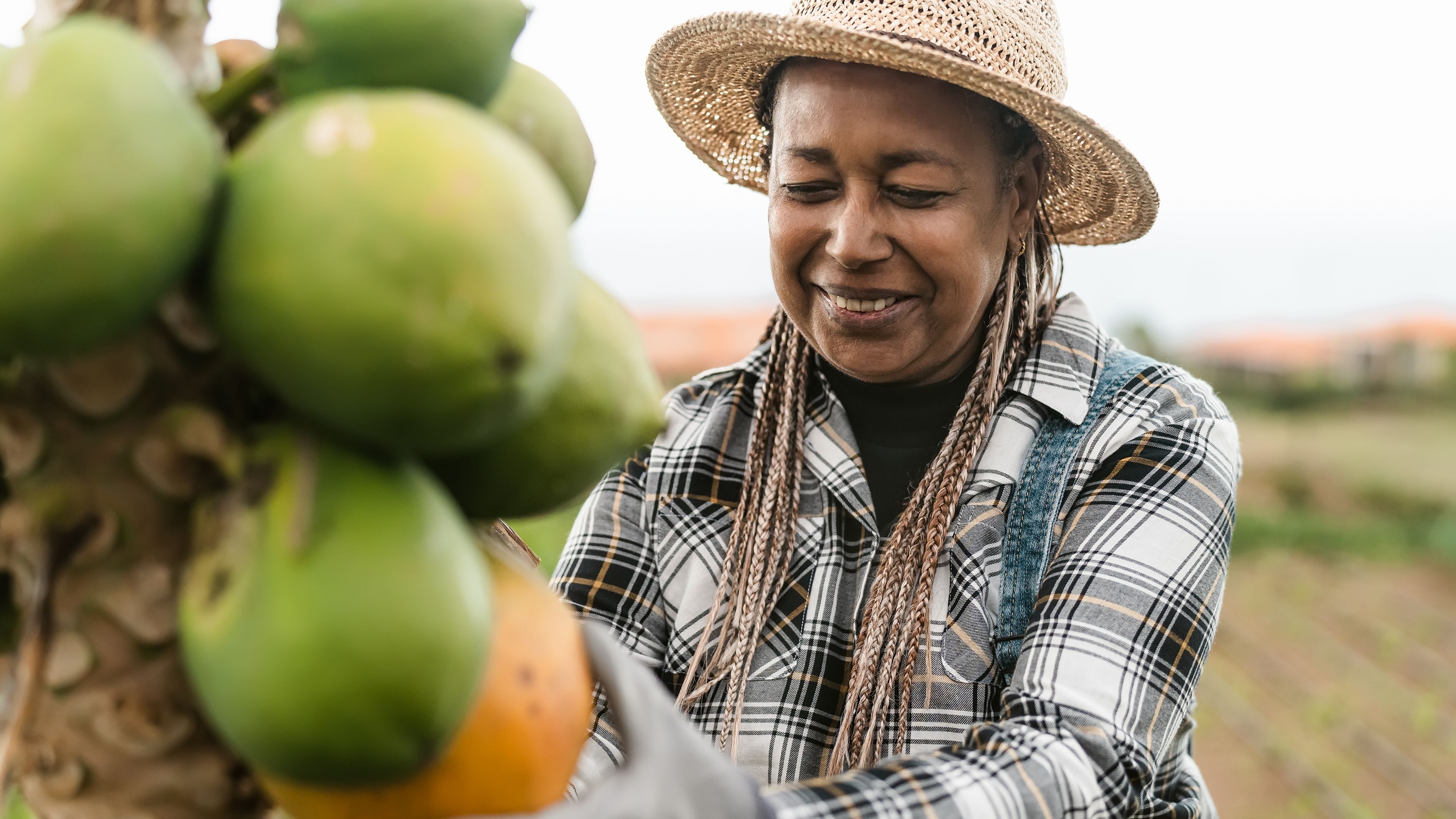
ALDI's commitment to human rights
As an international business, the ALDI SOUTH Group is committed to respecting human rights in its own activities and throughout its supply chains. Our requirements for business partners cover topics such as non-tolerance for forced labour, child labour and discrimination, as well as requirements around environmental stewardship, freedom of association and occupational health and safety.
In order to implement our commitments in our supply chains, we developed a due diligence approach which governs all policies, requirements, and processes surrounding human rights topics. Find out more about our goals and actions to increase human rights.
Find here all ALDI Human Rights Impact Assessments, including Action Plans.
